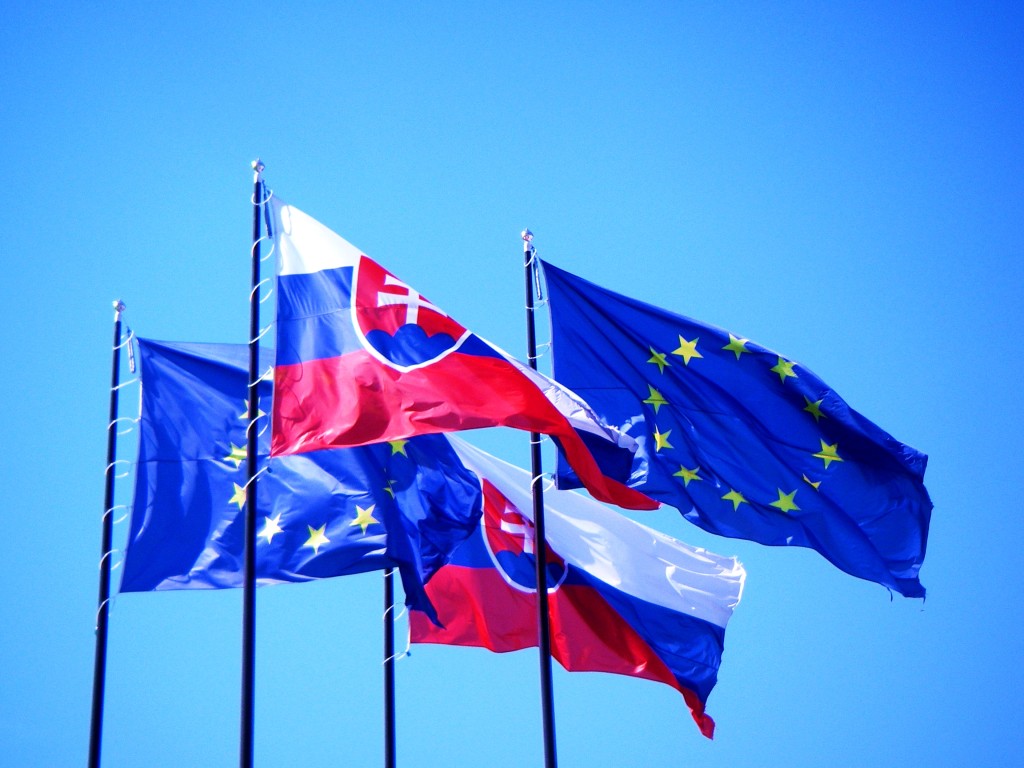For over twenty years of Slovakia’s independence and the rounds of elections that took place in that time, politicians have always focused on the topics of either economy, corruption or social policy. However, the events of the last year brought the foreign policy to the front pages of Slovak newspapers for the first time since Slovakia’s EU accession. Whether the topic was migrants and asylum seekers, Russian aggression in Ukraine or the UK referendum on Brexit, political parties were forced to take a stand on the matters, of which they had little understanding. Under the pressure of the public opinion they adopted positions that went directly against their ideological conviction.
This was also the approach of the government of Robert Fico, who completely forgot that the ideals of social democracy go beyond the adoption of social packages. The Prime Minister benefits from the perpetuation of the fear of migrants or from the pro-Russian sentiments and strong stance in the Russian crisis. Opposition parties have not lagged behind, however, in the use of this tactic. As a result, we are witnessing a situation where the liberals alongside all of the centre-right parties (with one sole exception) base their foreign policy agenda on the fear of the people, which they promise to meet with increased security and a protection of the cultural heritage. Because each politician remembers that even in diplomacy, the cameras are always on and the voters always listen.
Nevertheless, Europe (and thus all its member states including Slovakia) awaits a number of key discussions which will shape the future of the European Union and its relation with the outside world. The following weeks can decide the future of the Schengen area, what may have a direct impact on the Slovak economy. Slovakia needs to formulate a clear position towards its key strategic partners, the European Union, V4 countries and NATO. The main current threat to Slovakia is actually the threat that in the defence of the popular stance at home it will become an unreliable partner on the international scene. As a result of this approach, Slovakia may be excluded from the discussions about the future solutions to European problems.
In order to avoid such a scenario, it is necessary for Slovakia to be prepared and to posess professional knowledge to contribute to these discussions – especially, if Slovakia is to take up the Presidency of the Council of the European Union, which will come in the second half of 2016. Sadly, there are many parties in Slovakia that lack a broader understanding of the topics featured on front pages of the world news. The potential conflict between Saudi Arabia and Iran, or the Scottish push for independence are issues which require a clear position, not just a series of empty phrases. Because on the one hand in diplomacy it remains true that if the cameras are on, all the words are aimed at the voters. However, on the other, it goes without saying that the rest of the world is listening too. And based on that they will choose their position towards us.



